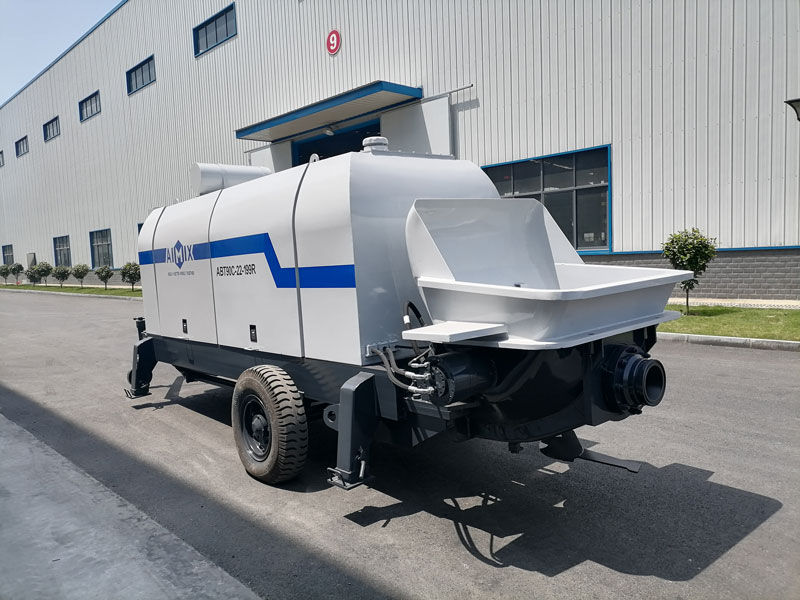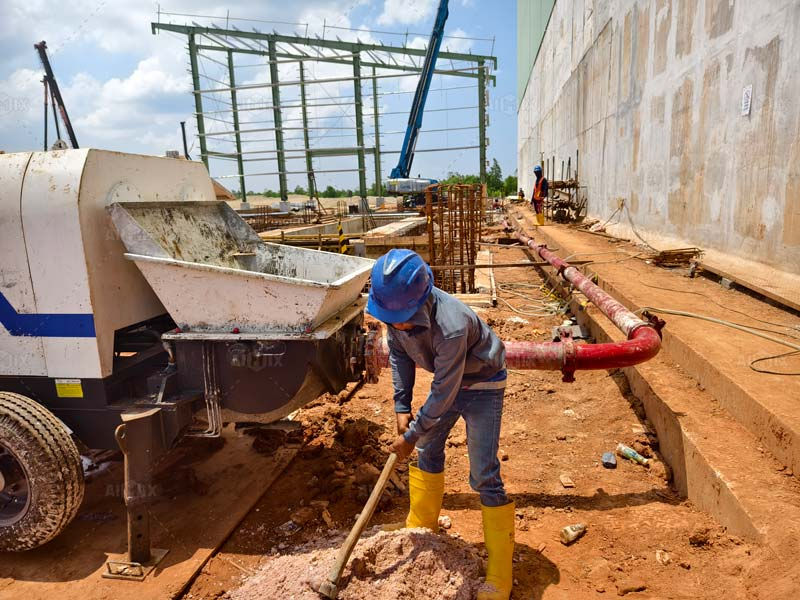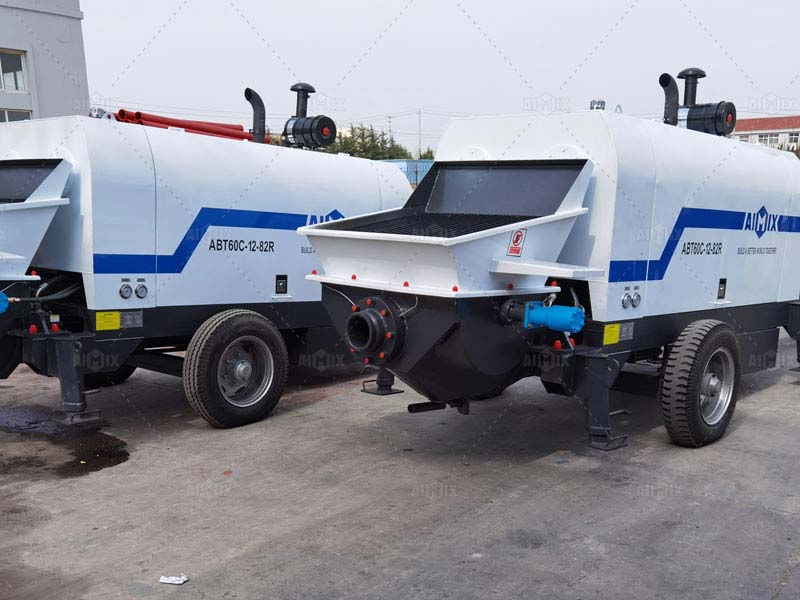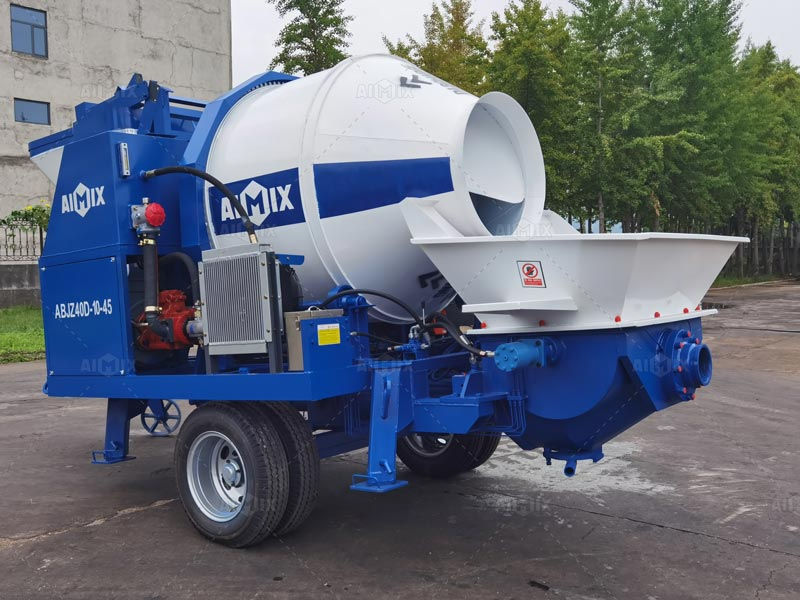Application Areas of Concrete Pumps
- aimixglobal2024
- 2024年7月12日
- 讀畢需時 2 分鐘
已更新:2024年7月16日
Concrete pumps are versatile machines that find their application in various areas of the construction industry. Here are some specific areas of application for concrete pumps:

Building Construction:
Concrete pumps are commonly used in the construction of buildings, where they efficiently transport concrete to different floors or sections.
They are particularly useful in high-rise buildings, as they can pump concrete to elevated heights with ease.
Infrastructure Projects:
These pumps are essential in infrastructure projects such as bridges, roads, and tunnels.
They enable the fast and continuous pouring of concrete, ensuring timely completion of critical structures.
Remote or Difficult-to-Access Locations:
Concrete pumps are invaluable in areas where access is limited or difficult, such as mountainsides, riverbanks, or tight urban spaces.
Their ability to pump concrete over long distances and around obstacles makes them suitable for these challenging environments.
Large-Scale Pouring Operations:
In projects requiring large volumes of concrete, such as dams, concrete pumps machine ensure efficient and continuous material flow.
They can handle high capacities, reducing downtime and increasing productivity.

Underwater Construction:
Specialized concrete pumps are used for underwater construction, where they can pump concrete underwater without compromising its quality.
This is crucial for projects like underwater foundations, piers, and offshore structures.
Precast Concrete Manufacturing:
In precast concrete plants, concrete pumps are used to fill molds with concrete, automating the production process and ensuring consistency.
Repair and Maintenance Work:
Concrete pumps are also suitable for smaller jobs, such as repair and maintenance work on existing structures. Trailer pumps concrete provide a quick and efficient way to deliver concrete to patch up damaged areas or strengthen existing foundations.

In summary, concrete pumps find their application in a wide range of construction projects, from small-scale repairs to large-scale infrastructure developments. Their versatility and efficiency make them a valuable asset in the construction industry.




留言